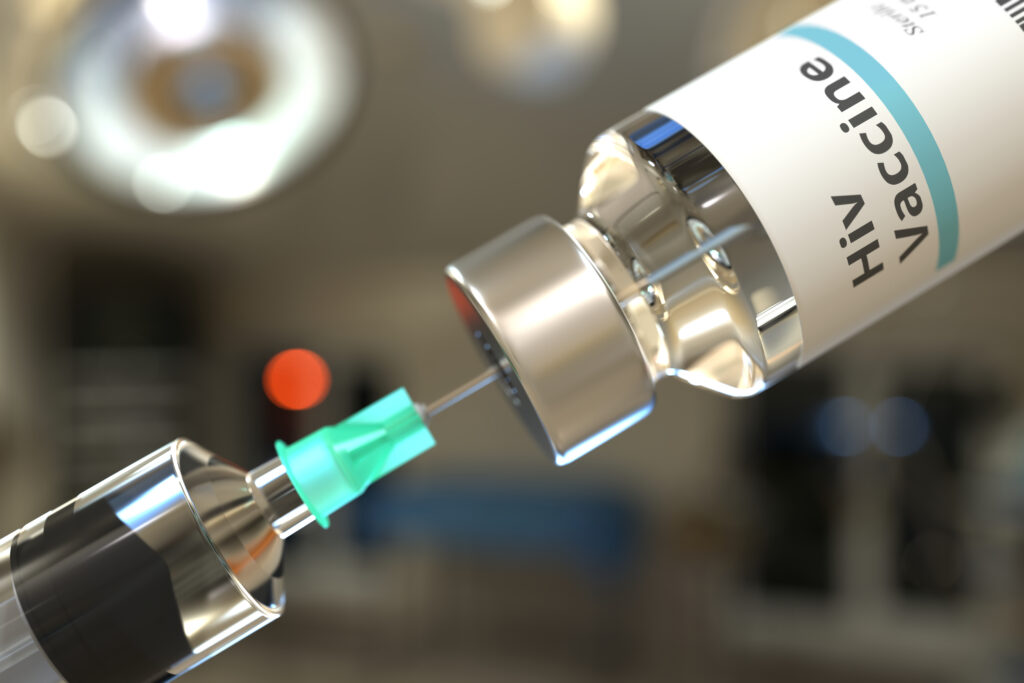Vir Biotechnology, Inc., announced that the first participant has been dosed in a new Phase I trial for an innovative HIV vaccine candidate, VIR-1388.
The trial’s primary objective is to assess the safety of VIR-1388 and its capacity to stimulate a specific immune response against HIV in study participants.
This groundbreaking endeavor has received support from the National Institute of Allergy and Infectious Diseases (NIAID). Since 2004, the NIAID has been championing the discovery and development of the cytomegalovirus (CMV) vector used to deliver the HIV vaccine material to the immune system without causing disease.
Additional backing for this crucial trial comes from the Bill & Melinda Gates Foundation. The trial is under the auspices of Vir and is conducted through the NIAID-funded HIV Vaccine Trials Network (HVTN), known as study HVTN 142.
“HIV continues to be a major global public health challenge with no approved vaccines despite decades of research efforts,” said Carey Hwang, Vir’s Senior Vice President, Clinical Research, Head of Chronic Infection, in the company’s press release.
“The initiation of our first clinical trial evaluating VIR-1388 is an important clinical milestone in our pursuit of developing an HIV vaccine and we are grateful to all our partners for their support of this Phase I trial. We are hopeful that our unique approach will help close the longstanding public health gap in HIV prevention.”
Vir Biotechnology is an innovative immunology company dedicated to leveraging advanced technologies for the treatment and prevention of infectious diseases and other grave health conditions.
XTALKS WEBINAR: Clinical Trial Risk Identification, Management and Reporting from Clinical Development to Marketing
Live and On-Demand: Friday, October 27, 2023, at 10am EDT (4pm CEST/EU-Central)
Register for this free webinar to learn how to successfully develop and maintain the safety profile of medicinal products. The featured speakers will discuss the need to navigate four main bodies of legislation and guidance (i.e., clinical trial and post-approval requirements in both the European Union (EU) and the US) in order to build a comprehensive global risk identification, management and reporting system across the development lifecycle of medicinal products.
According to the Joint United Nations Programme on HIV/AIDS (UNAIDS), the year 2021 witnessed approximately 1.5 million individuals contracting HIV, and sadly, roughly 650,000 people worldwide succumbed to AIDS-related complications.
Regrettably, there is no known cure for HIV/AIDS, but there are medications available to manage the infection and halt the advancement of the disease. Antiviral therapies for HIV have significantly reduced AIDS-related mortality rates worldwide, and international organizations are actively striving to enhance the accessibility of preventative measures and treatment in economically disadvantaged regions.
How Does VIR-1388 Work?
VIR-1388 represents an innovative investigational T-cell vaccine aimed at preventing HIV infection. This vaccine utilizes the human CMV vector platform and is designed to prompt the production of T cells within the body. These T cells are engineered to recognize various HIV proteins in a unique manner compared to previous experimental HIV vaccines.
The human CMV vector employed in this vaccine is a weakened form of the virus, carefully engineered to deliver the HIV vaccine components to the immune system without inducing illness in the trial participants. CMV has been present within a significant portion of the global population for centuries. In most cases, individuals carrying CMV exhibit no symptoms and may not even be aware of their infection. Notably, CMV persists in the body for a lifetime, indicating its potential to effectively deliver and maintain HIV vaccine material over an extended period. This characteristic could potentially address the issue of diminishing immunity observed with shorter-lived vaccine vectors.
The Phase I trial for VIR-1388 will be conducted at six locations in the US and four in South Africa. Anticipated preliminary findings are slated for release in late 2024, and there is an optional long-term sub-study planned to track participants for up to three years post their initial vaccine dose.
More HIV Vaccine Trials Are on the Way
Several other HIV vaccine clinical trials are presently underway nationwide. In 2022, the NIAID initiated a Phase I clinical trial to assess three experimental HIV vaccines based on a mRNA platform, a technology used in several approved COVID-19 vaccines. The study, named HVTN 302, is fully supported by the NIAID and is administered by the HVTN, headquartered at the Fred Hutchinson Cancer Research Center in Seattle.
The HVTN 302 study aims to investigate the safety and immunogenicity of three distinct experimental HIV mRNA vaccines: 1) BG505 MD39.3 mRNA, 2) BG505 MD39.3 gp151 mRNA and 3) BG505 MD39.3 gp151 CD4KO mRNA. Each of these investigational vaccines is designed to present the spike protein found on the surface of HIV, which is responsible for facilitating the virus’s entry into human cells. Importantly, none of these three vaccine candidates can cause HIV infection.












Join or login to leave a comment
JOIN LOGIN